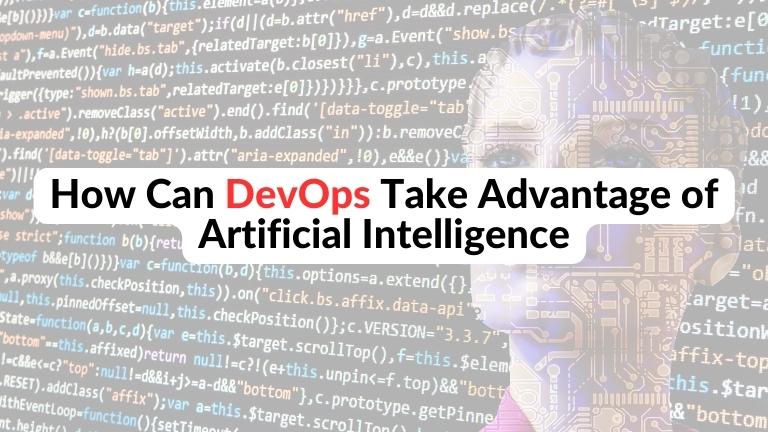Artificial Intelligence (AI) has changed many industries, including DevOps. AI and DevOps together offer great chances for companies to make their software development and delivery better. This article will look at how DevOps can use AI to make operations smoother, work more efficiently, and come up with new ideas.
Leveraging AI for Continuous Integration and Continuous Deployment
Continuous integration and continuous deployment (CI/CD) are important aspects of DevOps. AI can help by automating and improving these processes.
Automating Testing with AI
AI-based testing tools can make testing faster by automating the creation, execution, and analysis of test cases. These tools use machine learning to find patterns, predict defects, and offer suggestions for improvement. By automating testing, DevOps teams can get quicker and more precise feedback, helping them resolve issues faster.
Enhancing Release Management with AI
AI algorithms can examine past data, user feedback, and performance measurements to forecast how code changes will affect production environments. This predictive ability allows DevOps teams to make informed choices about when and how to release new features or bug fixes, reducing the chances of downtime or performance problems.
Optimizing Deployment with AI
AI can assist in improving the deployment process by analyzing factors like resource availability, infrastructure performance, and user behavior. With the help of AI, DevOps teams can automate the selection of deployment strategies, such as canary releases or blue-green deployments, using real-time data and insights.
Streamlining Incident Management with AI
Incident management is a critical aspect of DevOps, and AI can significantly streamline this process by automating various tasks and providing intelligent insights.
Intelligent Alerting with AI
AI algorithms can examine system logs, monitoring data, and event streams to find patterns and irregularities. By using AI-powered alerting systems, DevOps teams can decrease alert fatigue and concentrate on important incidents that need immediate action. These systems can learn from past incidents to adjust their alerting thresholds and prioritize alerts based on their potential impact.
Automated Root Cause Analysis with AI
Finding the main cause of incidents can be difficult and time-consuming. AI techniques like machine learning and natural language processing can analyze past incident data, documentation, and system logs to discover patterns and potential causes. This automated root cause analysis can greatly reduce the time it takes to resolve issues and empower DevOps teams to address recurring problems proactively.
Predictive Incident Management with AI
AI algorithms can examine different data sources, such as performance metrics, error logs, and user feedback, to anticipate possible incidents before they happen. By using predictive analytics, DevOps teams can take proactive steps to prevent incidents, like scaling resources, optimizing configurations, or implementing preemptive fixes.
Optimizing Resource Management with AI
Effective resource management is essential for DevOps teams to achieve optimal performance and cost-effectiveness. AI can offer valuable insights and automate decisions related to resource allocation.
AI-Driven Capacity Planning
AI algorithms can examine past usage patterns, fluctuations in workload, and projected future demand to accurately forecast resource needs. By utilizing AI-driven capacity planning, DevOps teams can prevent resource shortages or excessive provisioning, resulting in cost savings and enhanced performance.
Dynamic Scaling with AI
AI can automate the process of adjusting resource levels in response to real-time data and changes in workload. By analyzing performance metrics, user traffic patterns, and resource usage, AI algorithms can make smart decisions about scaling, ensuring that the appropriate amount of resources is allocated at any given moment.
Cost Optimization with AI
AI-driven cost optimization tools can examine resource usage, pricing models, and billing data to find ways to save costs. These tools can recommend optimizations like adjusting instance sizes, identifying unused resources, or utilizing spot instances. By using AI for cost optimization, DevOps teams can lower infrastructure expenses without sacrificing performance or availability.
Conclusion
DevOps and AI make a strong team that can transform software development and delivery. By using AI in continuous integration, deployment, incident management, and resource optimization, DevOps teams can enhance efficiency, software quality, and save costs. Embracing AI in a DevOps environment helps organizations stay competitive and deliver top-notch software quickly.









